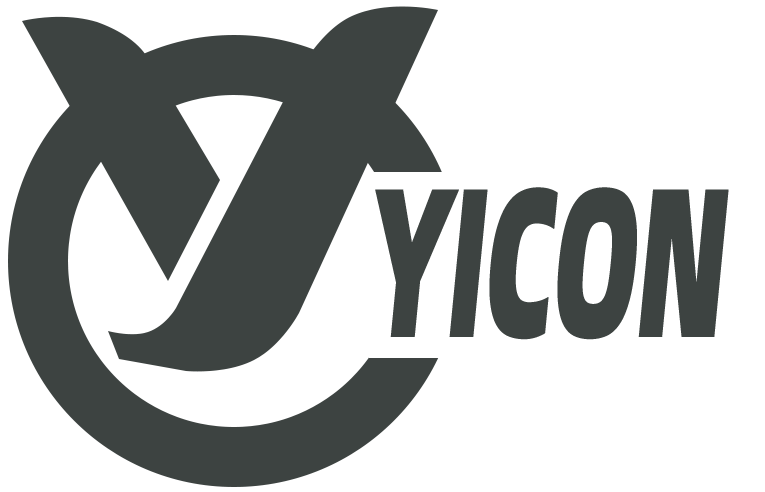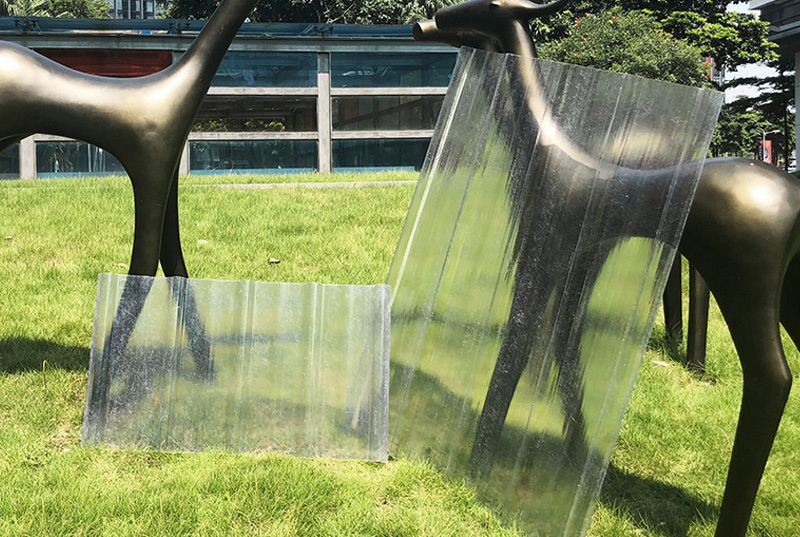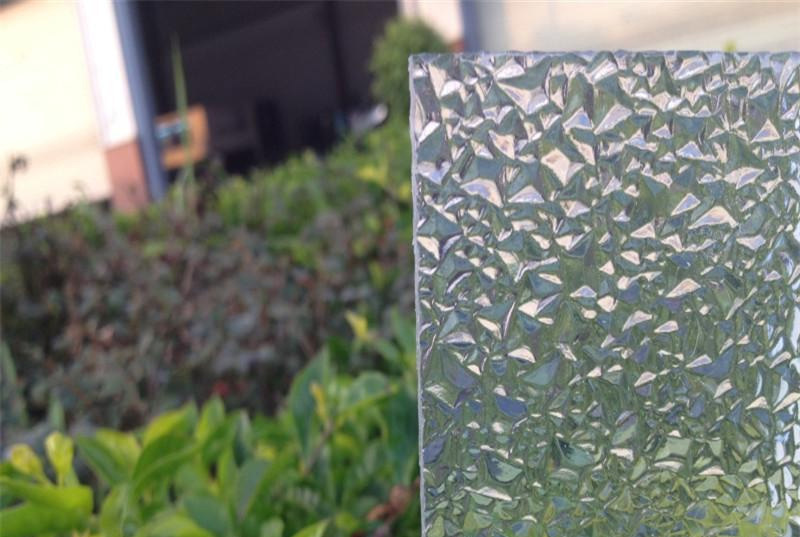PC Particle Board Application industry
Release time:
Jan 11,2025
The PC particle board application industry plays a crucial role in multiple sectors, including furniture, construction, cabinetry, and automotive.
PC Particle Board Application Industry
Particle board, commonly referred to as chipboard, is a composite material made from wood chips, sawmill shavings, or even sawdust, which are bonded together using adhesives under heat and pressure. Among the various types of particle board, the PC (Particle Composite) particle board has gained prominence in recent years due to its enhanced properties and versatility. This article explores the PC particle board application industry, highlighting its production process, applications, benefits, and future prospects.
The production of PC particle board begins with the careful selection of raw materials. High-quality wood particles are essential for producing a durable and aesthetically pleasing final product. The wood particles are combined with a resin adhesive, typically made from urea-formaldehyde or phenol-formaldehyde, which acts as a binding agent. Once mixed, the mixture is placed in a mold and subjected to high pressure and temperature, allowing the adhesive to cure and bond the particles together. The result is a dense, rigid board that can be cut, shaped, and finished to meet various design requirements.
One of the primary applications of PC particle board is in the furniture industry. Due to its lightweight nature and cost-effectiveness, it is often used to manufacture items such as tables, chairs, cabinets, and shelves. The smooth surface of PC particle board can be easily veneered or laminated, allowing for a wide range of finishes that appeal to different consumer tastes. Furthermore, its ability to be easily machined makes it an ideal choice for intricate designs and customized furniture pieces.
In addition to furniture, PC particle board is extensively used in the construction sector. It serves as an excellent material for wall panels, flooring, and even roofing. The board's properties, such as thermal insulation and sound absorption, contribute to creating comfortable living and working environments. Moreover, its lightweight nature reduces the overall structural load, making it a preferred choice for modern building designs that prioritize sustainability and efficiency.
Another significant application of PC particle board is in the cabinetry and kitchen industry. The material is favored for constructing cabinets, countertops, and kitchen islands due to its ability to withstand humidity and temperature fluctuations. When properly sealed and finished, PC particle board can resist moisture and is less prone to warping compared to traditional wood. This quality makes it particularly suitable for kitchens, where exposure to water and heat is common.
The automotive industry is also beginning to explore the use of PC particle board. As manufacturers strive to reduce vehicle weight and improve fuel efficiency, PC particle board offers a lightweight alternative for interior components, such as door panels, dashboards, and seating. Its versatility allows for creative design solutions that can enhance the overall aesthetics of vehicle interiors while maintaining structural integrity.
The benefits of PC particle board extend beyond its application versatility. One of the most significant advantages is its environmental sustainability. The production process utilizes wood waste and by-products, reducing the need for virgin timber and contributing to waste reduction. Additionally, many manufacturers are adopting eco-friendly adhesives that further minimize the environmental impact of PC particle board. As sustainability becomes a critical consideration in various industries, the demand for eco-friendly materials like PC particle board is expected to rise.
Moreover, PC particle board is generally more affordable than solid wood and other engineered wood products, making it an attractive option for budget-conscious consumers. Its cost-effectiveness, combined with its versatility and sustainability, positions it as a popular choice in a variety of markets.
Despite its numerous advantages, the PC particle board application industry does face challenges. One significant concern is the perception of particle board as a lower-quality material compared to solid wood. This perception can affect consumer preferences, particularly in the high-end furniture market. Manufacturers and marketers need to focus on educating consumers about the benefits and capabilities of PC particle board to change this perception.
Additionally, while advancements in adhesive technology have improved the durability and safety of PC particle board, there are still concerns about formaldehyde emissions associated with certain types of adhesives. The industry must continue to innovate and adopt safer alternatives to ensure consumer health and compliance with regulatory standards.
Looking ahead, the future of the PC particle board application industry appears promising. As trends toward sustainable building materials and eco-friendly practices gain momentum, PC particle board is well-positioned to meet the growing demand for environmentally responsible products. The ongoing development of new adhesive technologies and manufacturing processes will likely enhance the material's properties, making it even more appealing for various applications.
In conclusion, the PC particle board application industry plays a crucial role in multiple sectors, including furniture, construction, cabinetry, and automotive. Its production process, versatile applications, environmental benefits, and cost-effectiveness contribute to its growing popularity. While challenges remain, ongoing innovation and consumer education will be key to unlocking the full potential of PC particle board in the years to come. As the industry continues to evolve, it will undoubtedly play a significant role in shaping the future of sustainable materials in design and construction.
Key words:
You Can Also Learn More About The Industry.










